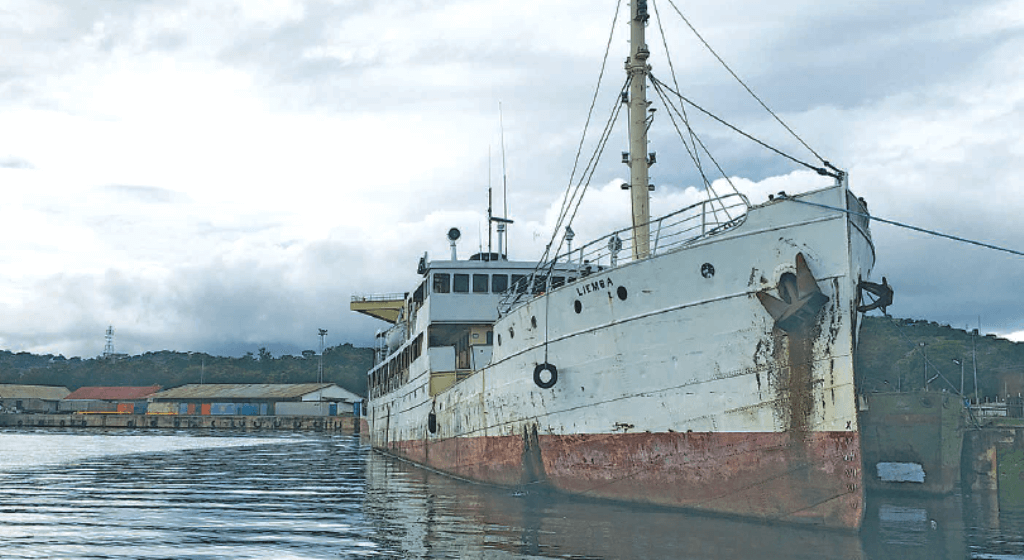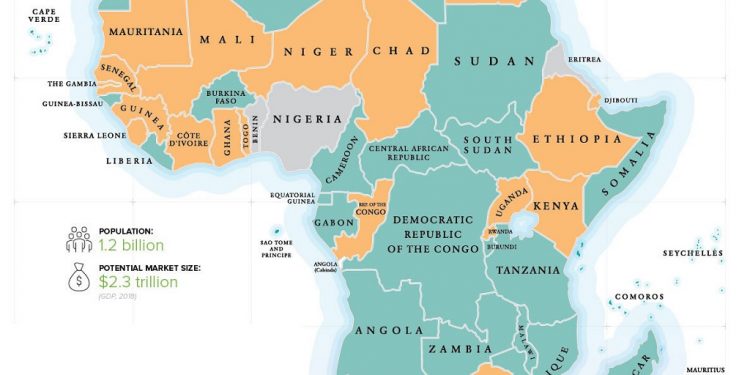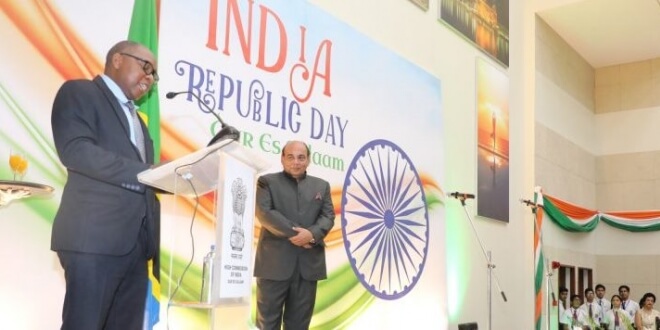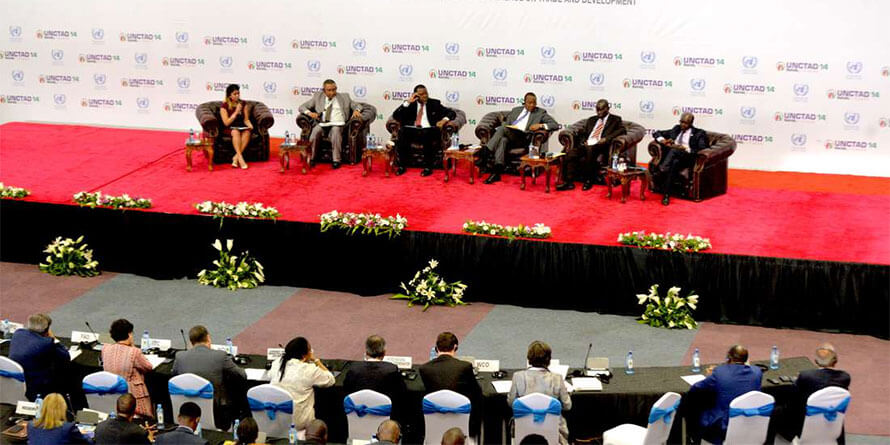TANZANIA is planning to boost business flow to the Democratic Republic of Congo (DRC) through Lake Tanganyika by addressing non-tariff trade barriers. The non-tariff trade barriers are cited as major impediments to movement of goods and people between the two bordered countries. Industry and Trade Deputy Minister Eng. Stella Manyanya said recently that the plans include proper utilisation of the marine vessels voyaging in Lake Tanganyika-- providing reliable transport to the citizens of the two nations. “MV Lihemba is the main ship currently traversing Lake Tanganyika but the plan is to have more ships to simplify business from Tanzania and DRC. This will go hand in hand with modernising ports in Rukwa and Katavi regions. The move is aiming at granting people with more opportunities to trade minus obstacles,” she said. Lake Tanganyika is the second deepest freshwater body in the world as it has a depth of 1,470 metres on average. Apart from the envisaged construction of new ships, the deputy minister said that other infrastructures including road networks were in the making and that the two governments of Tanzania and DRC were communicating on the best ways of ensuring that there is a dependable and passable road network connecting the lake side areas with other parts of DRC. “The major impediment is lack of dependable road network from Lake Tanganyika to the Tanganyika province in DRC, however, this is also being discussed and soon will bear fruit,” she said. Tanzania trades with DRC in various sectors including agricultural...
Tanzania eyes more trade flow with DRC
Posted on: February 3, 2020
Posted on: February 3, 2020






















